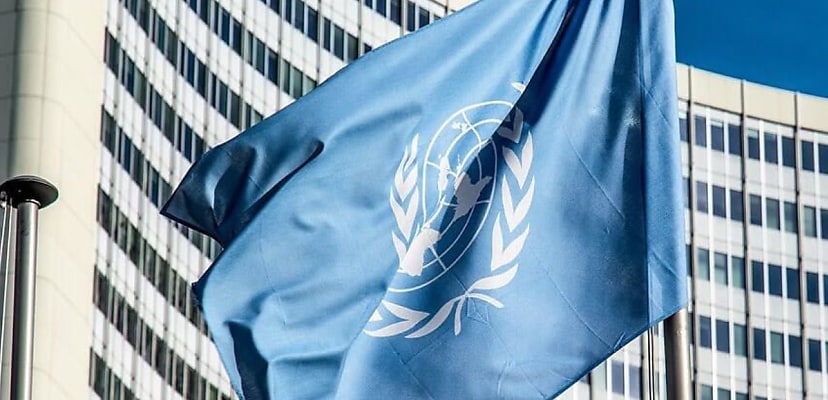Share this article on:
Powered by MOMENTUMMEDIA
Breaking news and updates daily.
The Vatican has called for the development of AI weaponry to be brought to a standstill until international regulations are introduced.

Concerns over the humanitarian, ethical and legal challenges that arise with automated weapons have been widely discussed by experts, with Toby Walsh, chief scientist and UNSW’s AI Institute, calling for AI-powered weapons to be covered in the United Nations (UN) Convention on Certain Conventional Weapons, a treaty that regulates new forms of weaponry.
Now, the Foreign Minister for the Holy See, Archbishop Paul Gallagher, has shared the concerns the Vatican has regarding “killer robots” in warfare, and has called for governments worldwide to agree on legally binding regulations regarding the use of artificial intelligence (AI) in conflicts.
“It is imperative to ensure adequate, meaningful, and consistent human oversight of weapon systems: only human beings are truly capable of seeing and judging the ethical impact of their actions, as well as assessing their consequent responsibilities,” said Gallagher, speaking at the UN General Assembly.
“It is not acceptable that the decision about someone’s life and future be entrusted to an algorithm,” he later added, quoting Pope Francis.
Gallagher has shown his support for the establishment of an International Organisation for Artificial Intelligence that promotes the use of AI in a peaceful, constructive way.
“New technologies should be used to mitigate the planetary crisis of climate change, pollution, and biodiversity loss, and the urgency of acting now to safeguard the world we live in,” he added.
UN Secretary-General António Guterres expressed a similar opinion on the need for regulations to govern the use of automated weapons, saying that systems that function without direct human control or supervision violate international humanitarian law need to be banned.
Guterres has pushed for nations to establish a prohibition of weapons of this nature by 2026; however, some countries have shown limited support.
The worry is that enemies of signatories of the prohibition, or non-governmental groups, could develop these autonomous weapons.
Russia is one nation that consistently disregards international law, and regulations regarding the development of automated weaponry could very well be taken the same way.
Walsh has said that, particularly with the widespread autonomy observed in Ukraine, the nature of warfare may be impacted forever.
“AI is transforming all aspects of our life, and so, not surprisingly, it’s starting to transform warfare. I’m pretty sure historians will look back at the Ukrainian conflict and say how drones and autonomy and AI started to transform the way we fought war – and not in a good way,” Walsh said.

Be the first to hear the latest developments in the cyber industry.